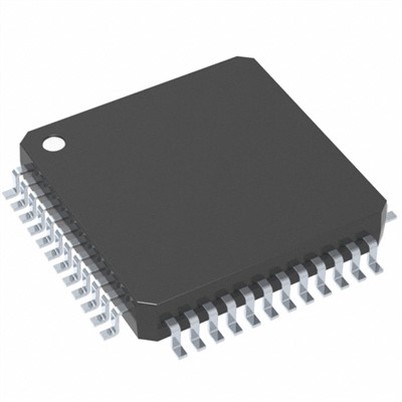What are the storage conditions for an AC output module?
Leave a message
Hey there! As a supplier of AC Output Modules, I often get asked about the proper storage conditions for these nifty little devices. So, I thought I'd sit down and write a blog post to share some insights on this topic.
First off, let's talk about why proper storage is so important. AC Output Modules are sensitive electronic components. If they're not stored correctly, they can be damaged, which can lead to malfunctions when they're eventually put into use. This not only causes headaches for the end - users but also impacts our reputation as a reliable supplier.
Temperature
One of the most crucial factors in storing AC Output Modules is temperature. These modules are designed to operate within a certain temperature range, and the same goes for storage. Generally, the ideal storage temperature for AC Output Modules is between -20°C and 60°C.
If the temperature is too low, the materials inside the module can become brittle. For example, the solder joints might become more prone to cracking if they're exposed to extremely cold temperatures for an extended period. On the other hand, high temperatures can cause the components to overheat, which can lead to thermal stress. This thermal stress can damage the semiconductor chips and other sensitive parts of the module.
Let's say you're storing the modules in a warehouse. You need to make sure that the warehouse has proper temperature control. In hot summer months, using air - conditioning can help maintain the right temperature. In cold winter, heating systems may be necessary.
Humidity
Humidity is another big deal when it comes to storing AC Output Modules. The recommended relative humidity for storage is between 10% and 90% non - condensing.


When humidity is too high, moisture can seep into the module. This can cause corrosion of the metal parts, such as the pins and connectors. Corrosion can increase the resistance in the electrical connections, which can lead to poor performance or even complete failure of the module.
On the other hand, extremely low humidity can create a static - prone environment. Static electricity can discharge and damage the sensitive electronic components in the AC Output Module. To control humidity, you can use dehumidifiers in humid areas and humidifiers in very dry areas.
Air Quality
The quality of the air in the storage area also matters. Dust, dirt, and other contaminants can accumulate on the AC Output Modules. This can block the ventilation holes (if any) in the module, leading to overheating. Moreover, some contaminants can be conductive, which can cause short - circuits within the module.
It's a good idea to store the modules in a clean environment. You can use air filters in the storage area to reduce the amount of dust and other particles in the air. Also, make sure the storage area is well - sealed to prevent outside contaminants from getting in.
Packaging
Proper packaging is essential for the storage of AC Output Modules. When the modules are shipped to us from the manufacturer or when we send them out to our customers, they usually come in anti - static bags. These bags are designed to protect the modules from static electricity.
During storage, it's best to keep the modules in their original anti - static packaging. If the original packaging is damaged, you can use new anti - static bags. Additionally, the modules should be stored in a way that they're not stacked too tightly on top of each other. This can prevent physical damage to the modules.
Storage Location
The location where you store the AC Output Modules also plays a role. Avoid storing them near sources of electromagnetic interference (EMI), such as large motors, transformers, or high - voltage power lines. EMI can disrupt the normal operation of the module and may even cause permanent damage.
Also, make sure the storage area is away from direct sunlight. Sunlight can heat up the modules and cause thermal stress. A shaded area in the warehouse is a much better option.
Long - Term Storage
If you're planning to store the AC Output Modules for a long time, there are a few additional things to consider. First, you should periodically check the modules for any signs of damage or degradation. This can help you catch any issues early on.
You may also want to perform some basic functional tests on the modules after long - term storage. This can ensure that they're still in good working condition before they're put into use.
Now, if you're in the market for high - quality AC Output Modules, we've got you covered. We're a trusted supplier, and we make sure that all our modules are stored under the best conditions before they reach you. And if you're also interested in DC Output Module or DC Input Module, we can offer those too. Just head over to our AC Output Module page to learn more about our products.
If you have any questions or are looking to start a procurement process, don't hesitate to reach out. We're here to help you get the best products for your needs.
References
- Electronic Component Storage Guidelines, Industry Standard Handbook
- Manufacturer's Manuals for AC Output Modules






